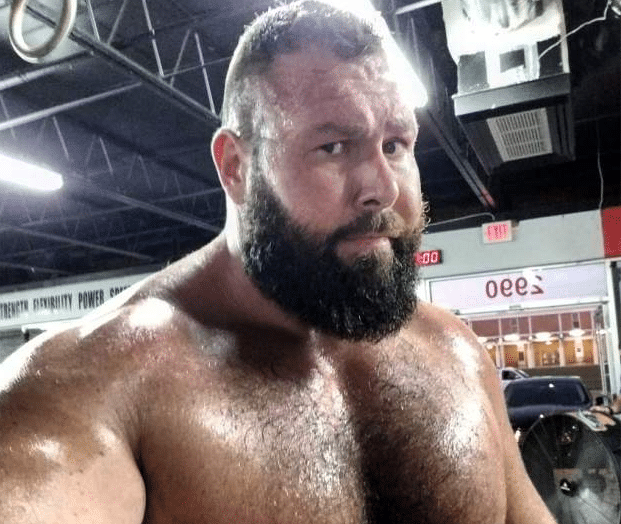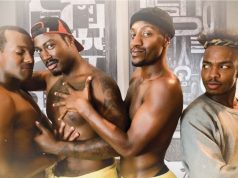
Pro wrestler Mike Parrow, who triumphantly came out of the closet last month to a ton of support from friends and fans alike, has spoken out further about his journey to get to where he is today.
He headed across the pond to the U.K., where he stopped by Good Morning Britain to discuss the rocky road to coming out of the closet.
“I’ve always known I was gay, it was my first “when you come of age” and when normal boys are liking girls… I never liked girls, I always knew I liked men,” he started the interview with.
He further discussed being raised catholic and how homosexuality was never brought up in his household, and that there were no gay people in the town he grew up in as well.
He talked about the difficulties in finding anyone to look up to in the sports world as well, given that he is now a pro wrestler, as it’s rare for any athlete to come out during their tenure in their respective sport they play.
“There’s no role models for athletes, because athletes tend to come out after they retire. For fear of rejection, fear of different pay, fear of people not accepting them for who they are. I have had the opposite, my career got better since I’ve come out because I know who I am.”
He then discussed doing conversion therapy before he came out, and why it ultimately made him realize that he’s gay.
“I want to first say that it was my choice, and I can’t tell you whether it works or doesn’t work… this is why it didn’t work for me. And it’s my opinion and why I left,” he revealed. “It was the first time in my life that I didn’t feel alone. It was the first time I heard people had the same feelings I did. Being there, I realized, I’m gay, this is not going to change… because one of their premises is that it’s a choice. It’s not a choice, you’re born gay.”
He also had a heartwarming message for anyone watching who is interested in sports but fears coming out in the process. “I want them to know… they’re not alone. Just because you are gay, doesn’t mean you can’t be an awesome athlete. You’re born this way, that doesn’t affect how you play sports.”
Check out the full interview here:







